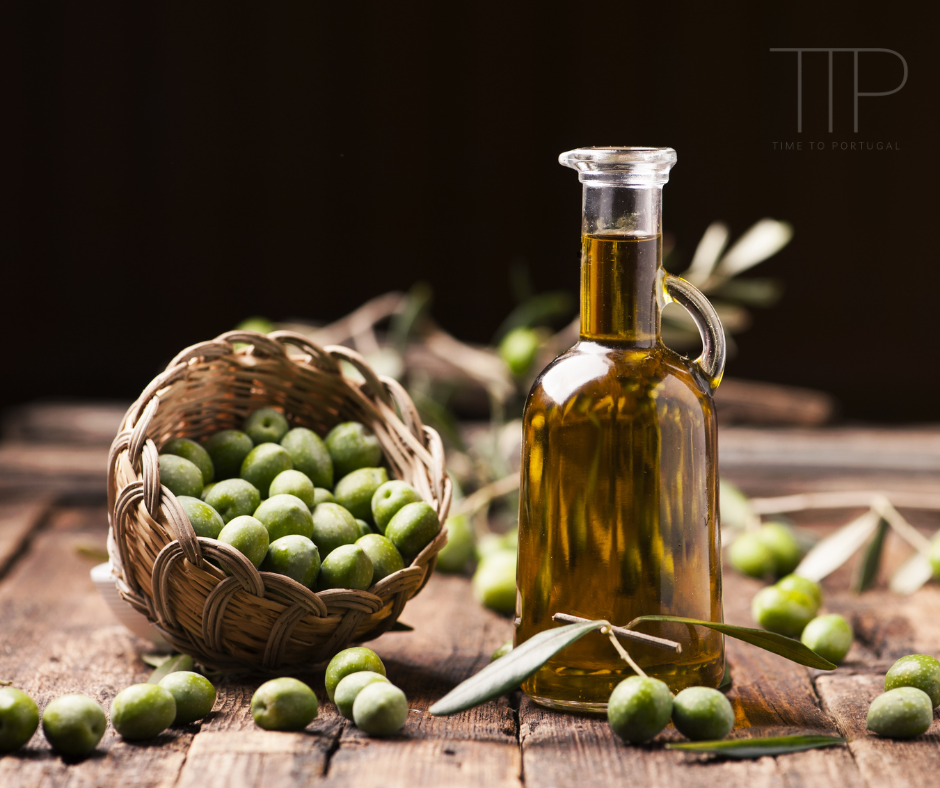Olive oil is increasingly scarce and prices are very high. And some people are taking advantage of this to try and make money. How? By counterfeiting it and selling it to consumers, usually at lower prices than normal. It happens all over the place and, of course, in Portugal too.
The first ‘more serious’ alert came from Europol, the European Union Agency for Law Enforcement Cooperation, which reported at the end of 2023 that olive oil counterfeiting was a “common practice”, after almost 300,000 liters of counterfeit olive oil were seized in coordinated operations in Italy and Spain.
“Consumers are simply fooled, and when they think they’re buying cheaper ‘olive oil’, they’re actually buying a much more expensive oil than normal. It’s not a recent phenomenon, but it’s gaining more visibility because of ASAE’s actions, which fortunately have begun to control this type of parallel economy more effectively, which is so damaging to the sector, but also and above all to consumers,” Casa do Azeite told SAPO24, mentioning the places where this type of ‘olive oil’ is usually sold.
“Olive oil counterfeiting is closely linked to very specific marketing circuits, which are subject to very little control, such as sales at fairs and markets, on the roadside, or more recently, sales via the internet…”, they point out.
So how is this vegetable oil counterfeited?
“As a rule, it’s seed oil to which dyes are added to give it a green color. It can also have a small percentage of olive oil in it, to give it some flavor, but these are usually much lower quality oils,” they summarize.
And how can citizens protect themselves from buying these counterfeit oils?
“If you buy olive oil in normal stores, in distribution, you will be protected from these fraudulent practices. The distribution chains make a rigorous selection of their suppliers and the brands on the market, duly packaged and labeled, are all subject to strict quality control. There are several commercial categories of olive oil on sale, but they are all permitted by law and meet the various legal requirements of each commercial category: extra virgin olive oil, virgin olive oil or olive oil – composed of refined olive oil and virgin olive oil,” say the experts.
If the product is bought elsewhere, Casa do Azeite has a few warnings.
“If consumers take the risk of buying from fairs, markets, the internet, etc. they should be wary if the price is too low compared to the normal market price. You should also check the label very carefully, look at the list of ingredients and make sure there are no other oils in it, because if there are, this is a prohibited practice. Mixing olive oil with other oils is forbidden in Portugal. And if you suspect you’ve been duped, you can always send a sample to a laboratory – with a simple analysis it’s very easy to prove that it’s been mixed with other oils,” they conclude.
To give you an idea of the growth of this phenomenon, in 2022 only four criminal cases were opened for situations of this kind, while last year 20 were opened, and around 500,000 euros worth of cooking oil and olive oil were seized.
According to experts, the cost of producing a five-liter bottle of counterfeit olive oil is around seven euros, but it is then sold for between 15 and 30 euros.
ASAE, meanwhile, has already revealed that it is investigating networks that produce and sell this type of product on the Internet, at fairs, but also in grocery stores.

